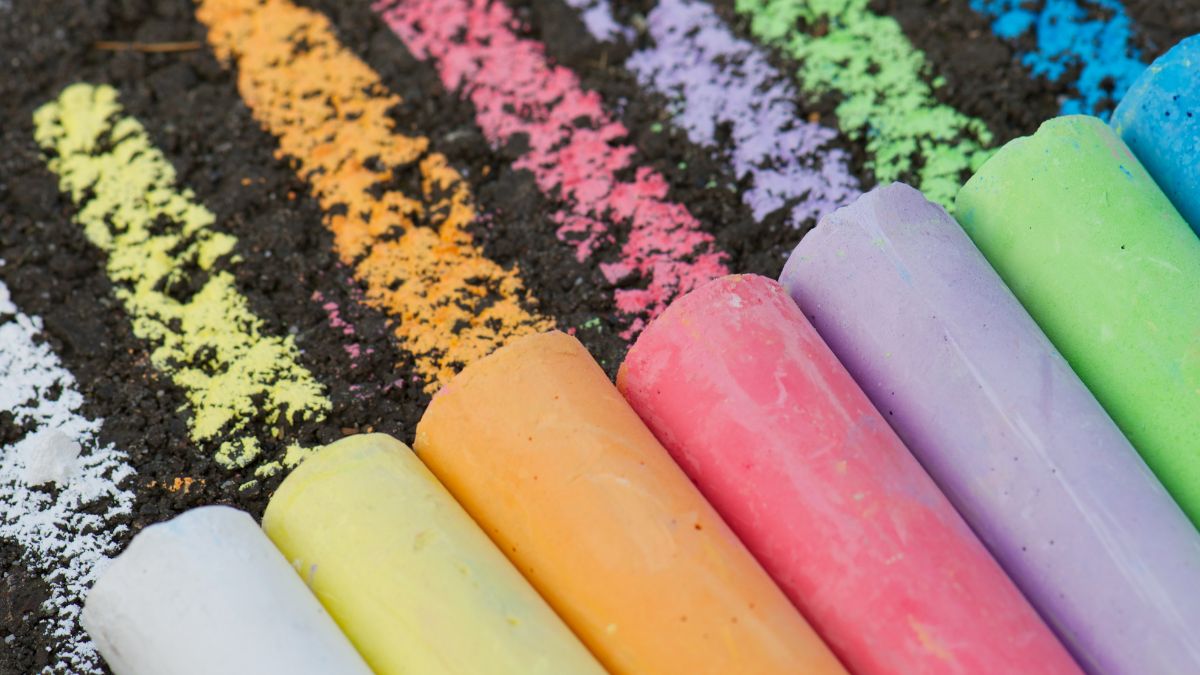Short Answer: If you accidentally eat chalk, you may experience some mild gastrointestinal discomfort due to its calcium carbonate and calcium sulphate content.
Chalk is a soft, white, porous, sedimentary carbonate rock that is composed mostly of tiny fragments of the calcite shells or skeletons of plankton, such as foraminifera or coccolithophores.
It is usually formed in deep sea conditions and consists of gradual accumulation of very small calcite plates.
Chalk is typically almost pure calcite, CaCO3, with just 2% to 4% of other minerals, such as quartz, clay minerals, glauconite, and calcium phosphate.
If you unknowingly eat chalk, you may experience some mild gastrointestinal discomfort, such as nausea, vomiting, or diarrhea.
This is because it contains calcium carbonate and calcium sulphate, which are not easily digested by the human body.
Calcium carbonate can also react with stomach acid and produce carbon dioxide gas, which can cause bloating and belching.
Calcium carbonate can have some positive effects on the body, such as preventing osteoporosis, reducing acid reflux, and neutralizing acidity in the blood.
However, too much calcium carbonate can also cause some negative effects, such as kidney stones, constipation, and hypercalcemia (high levels of calcium in the blood).
Therefore, it is not advisable to eat chalk regularly or in large amounts.
It is quite uncommon to eat chalk due to its chalky taste and texture.
However, some people may have a condition called pica, which is a persistent craving for non-food items, such as chalk, clay, dirt, or ice.
Pica can be caused by various factors, such as nutritional deficiencies, psychological disorders, pregnancy, or cultural practices.
You can treat mild symptoms of chalk ingestion by drinking plenty of water and eating some bland food.
However, if you experience severe symptoms, such as abdominal pain, difficulty breathing, or blood in your stool or vomit, you should seek medical attention immediately.
To avoid accidental eating of chalk, you should keep it out of reach of children and pets, and store it in a closed container.
You should also avoid using chalk as a dietary supplement or a cosmetic product without consulting a doctor.
Read Next
Finally, remember, chalk is not a food item and should not be eaten.
Chalk is mainly used for writing and drawing on various types of surfaces. It can also be used for industrial and agricultural purposes.

